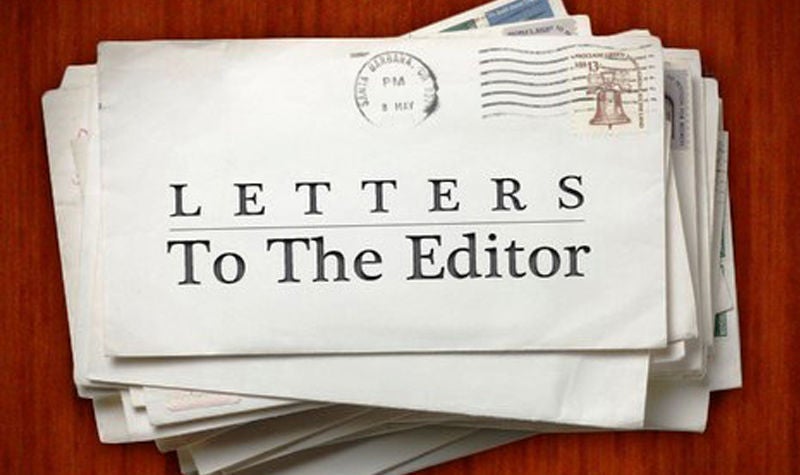It’s a matter of trust
Published 10:23 am Wednesday, July 18, 2018
By JDavid Derosier
As individuals we interact with other individuals on a daily basis. We also interact with organizations – businesses, church, governmental bodies, schools, police, and other public officials. Today we also do a lot of interaction over the Internet.
One of the most important characteristics for all these interactions is TRUST.
In its most simple form, people and organizations inspire trust when (1) they make choices based on justifiable standards, (2) they take others into account in their decisions, and (3) they do what they say they will do.
Trust starts with ourselves. How do we stack up against these three simple criteria? Then we look at others, and judge them in relation to our own trustworthiness.
Experience, over time, teaches us confidence in whom and what we know, allowing us to comfortably deal with our interactions. This confidence from experience is called trust. However, more and more we are interacting with the whom-and-what that we don’t know. Establishing trust gives us the confidence to deal with the new as we gain more experience and knowledge.
Sometimes trust is inherited. If you meet the son of your most trusted childhood friend, you are inclined to trust him, too. When you meet a church pastor or the Superintendent of Schools for the first time, you may be inclined to trust him or her because of their office. Experience teaches us whether our initial sense is justified and experience will sometimes change that sense of trust over time.
Trust is one element of what is called Ethics, a set of moral principles that guide the way an individual or an organization behaves. Acting in an ethical way involves distinguishing between “right” and “wrong” and then making the “right” choice
Are there other kinds of trust? Absolutely. In finance and estate planning, a trust is a fiduciary arrangement that allows a third party, or trustee, to hold assets on behalf of a beneficiary or beneficiaries.
I spent decades in the business of international information security (Information and Communications Technology – ICT). Trust in that world is similar to what we will deal with except that it is in relation to National Security and absolute conformance with standards.
So why am I spending so much time talking about trust? I’m setting the foundation upon which my upcoming columns will be based. In the past I have written about the Good, the Bad, and the Ugly. Praising people and organizations that have selflessly served others, some that have made mistakes in my eyes, and a few that were just plain ugly in their dealings. This will continue with articles that discuss various aspects of our community with a slant towards trust.
We will be addressing trust in the business world and elsewhere in the community, especially when it goes wrong – like contractor scams that have happened to flood victims. Things to do when trust goes bad; how to address organizational failures when you have depended on them, ways to increase trust; and who’s out there that helps to build trust?
I will also look to you, the reader, for assistance. I will be asking you to email me with trust issues you have encountered that relate to my articles. Perhaps we can shed some light on them, or even resolve the issues.
J. David Derosier consults with small business on planning and marketing issues, and provides web design and hosting services through www.OhainWEB.com He can be reached at JDAVID@Strategy-Planning.info





